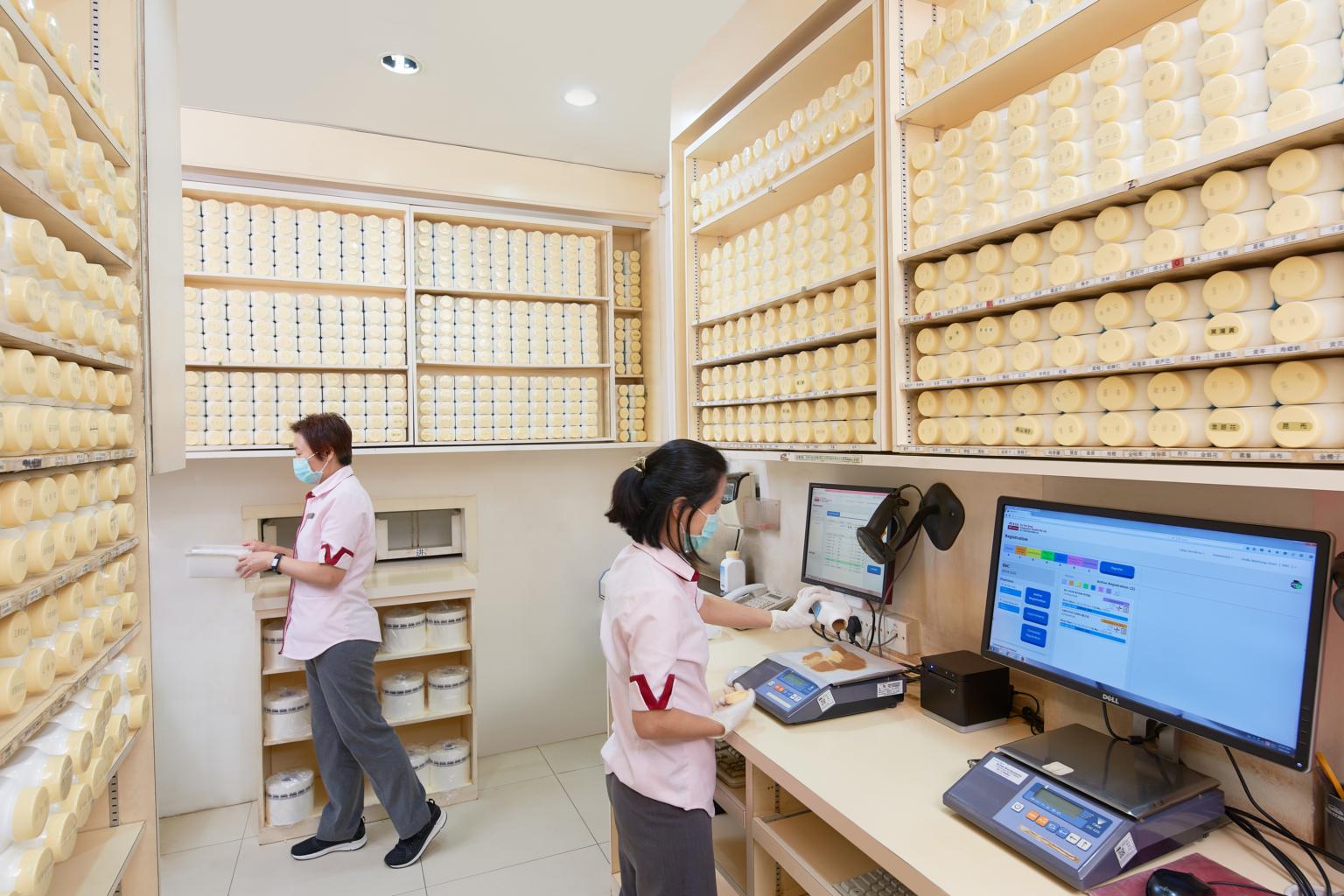MOH will look into the possibility of incorporating TCM in Healthier SG: Ong Ye Kung
Sign up now: Get ST's newsletters delivered to your inbox

Health Minister Ong Ye Kung says he hopes TCM will be a part of Singapore's preventive care strategy that will shift the gravity of care from the hospitals to the community.
PHOTO: EU YAN SANG
Follow topic:
SINGAPORE - Traditional Chinese medicine (TCM) could be used to bolster one's health and well-being when Singapore's new preventive care strategy Healthier SG rolls out next year.
Health Minister Ong Ye Kung told Parliament on Wednesday that TCM is very strong in preventive care and the Government is looking at how it can complement Healthier SG.
Over the past year, the Ministry of Health (MOH) and the TCM community have established two work groups, to work on issues such as enhancing TCM clinical training and improving career development.
Once their work is completed, it can be the basis of exploring how to involve TCM in support of Healthier SG, Mr Ong said.
Workers' Party chief Pritam Singh (Aljunied GRC) had raised the issue of making TCM a part of Healthier SG and suggested that MediSave be extended to cover more TCM procedures and alternative therapies that have a proven role in managing general health and in preventing chronic diseases.
Mr Singh said MOH should look into the costs of alternative medicine that substantively produces the same clinical outcomes as medicine disbursed by public healthcare institutions.
For example, Fybogel, which is commonly dispensed for constipation, can cost around $20 without subsidies, whereas Psyllium Husk, which confers similar if not identical benefits, can be purchased from Little India and even FairPrice supermarkets for under $3, he said.
Mr Ong said it is not the case that one is a Western medicine product and one is a TCM product. They are similar, and both are dietary supplements, not medicine, he added.
He said he hopes that TCM will be a part of Singapore's preventive care strategy that will shift the gravity of care from hospitals to the community.
But TCM will not and cannot substitute Western medicine, he added.
They are two separate systems, disciplines and know-how. They may intersect and overlap, but one cannot be expected to be like the other, he said.
For example, Western doctors will not likely profess to understand the balancing of the elements of the body over the long term.
"And if you ask a TCM doctor: This patient needs a life-saving urgent operation, can you replace it? He will say: No, go for the operation. Most TCM practitioners will say that too," Mr Ong said.
"So I think they respect each other's space, strengths and weaknesses."
He said he has had several discussions with the incoming chairman of the TCM Practitioners Board, Dr Teo Ho Pin, on TCM matters.
Dr Teo replaces Mrs Yu-Foo Yee Shoon, who will complete her three terms as chairman by the end of February next year.

